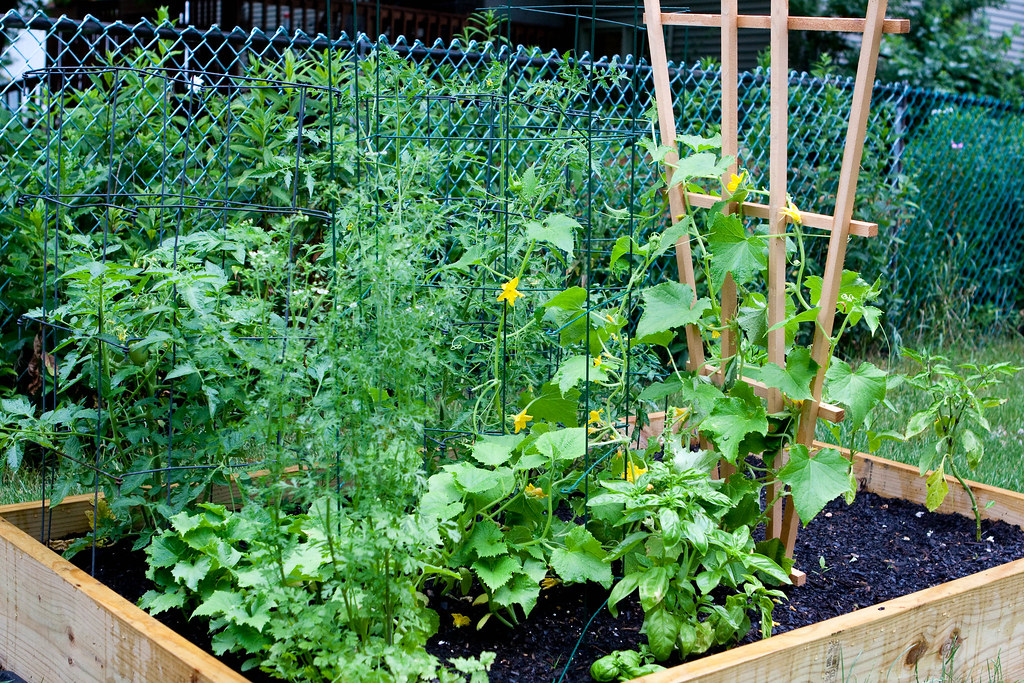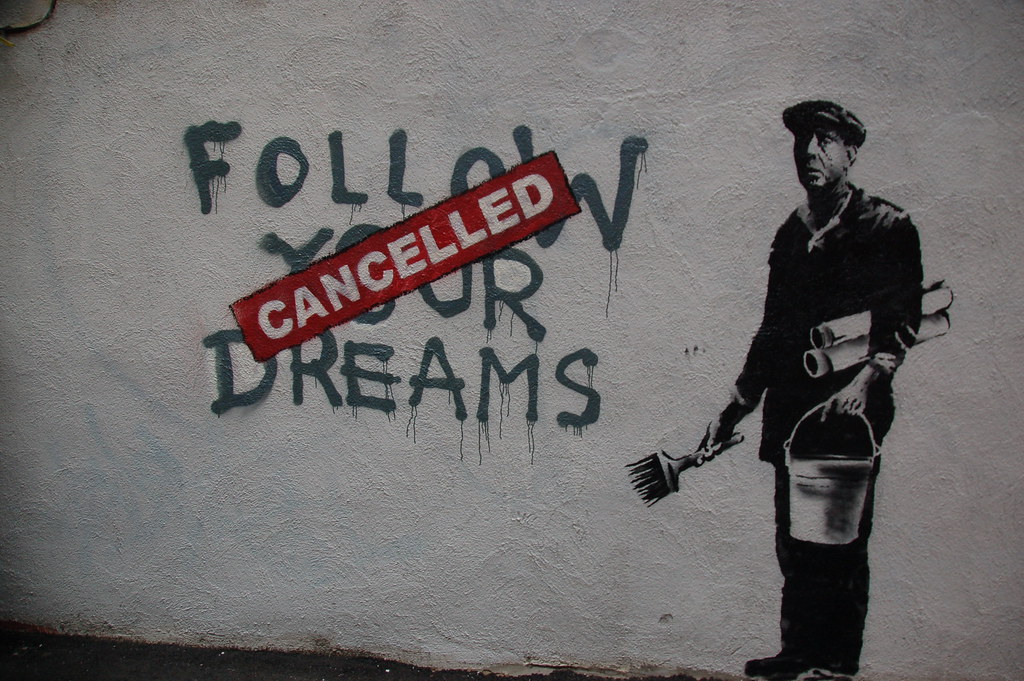Thanks again to the
Place Being Resonance book I've been stuck in a world of wondering. I apologize in advance. I know at times I am not clear in my writing, and this thought isn't fully formed, so it might not make the most sense.
While reading it talked about what our destruction of the world looks like, and it looks like progress, parts look like sustainable development, parts look like social justice. It looks like we are supposed to be doing the things we are doing because that's how people develop. In order for humans to be unified (economically, socially, etc.) other things have to (and do) suffer. So, when we are looking at unity, we are often just taking an anthropocentric view of what we need (and people would argue why wouldn't we think of humans first) and we forget about what our system (The Earth) needs. While we are going for unity, I'm not really sure we know who we are unifying with, and who (or what I suppose) we are excluding.
It's really difficult for anyone to step back from themselves, deconstruct what they think, challenge the dominant culture and make a difference. Where do those ideas even come from? So how can we expect people to actually protect our planet when we don't even know what we don't know.
While I was pondering this, I started thinking about school, and how we are trying to hit standards and go through curriculums, and just race through to show progress. My mind kind of paused for a second, what and who are we progressing and for what end? Place Being and Resonance wants us to challenge how we teach, why are we moving towards more data? What is growth? Who benefits from our current system of education, and who suffers? I think deep down we know the answers to these questions, but it is difficult to challenge a system that wants to engage and enlighten our learners. When we have public school systems that want to bring up literacy are we focusing too much on a specific type of reading? So much was flying through my head.
I'm not really sure where to take it from there. I know I have to listen more (not just to humans, but I need to be aware of the voices not being heard or acknowledged). I know I have to slow things down and encourage actual thinking, and actual listening in my students. I know I have to encourage students to be aware of a multi-vocal, eco-centric (as in not just anthropocentric) view of our planet.
I guess the real question is how can we see the system we are in and try to fight for that system, while being aware of the multi-faceted aspects of our world. How we can honestly unify through diversity?


